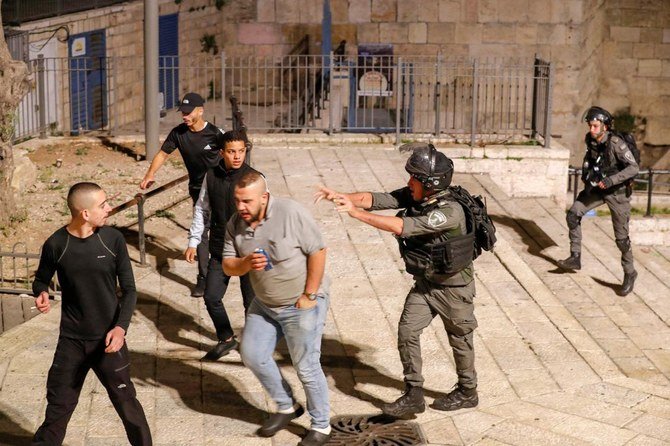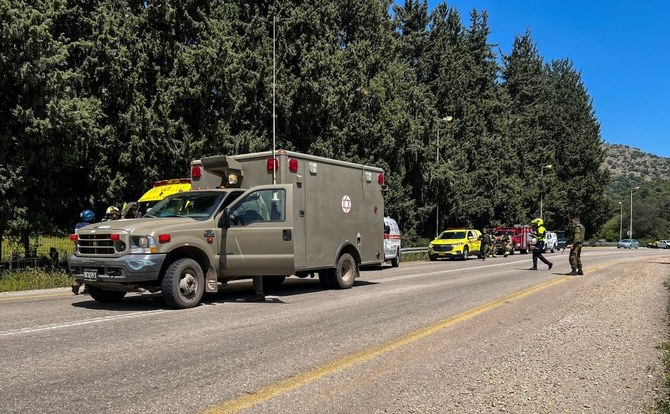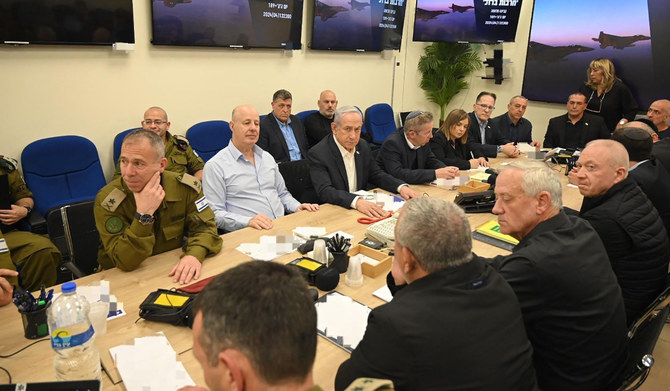Daoud Kuttab
AMMAN: The sudden escalation and spread of Palestinian protests in reaction to racist incitement by Jewish groups have brought the issue of the status of occupied Jerusalem to center stage.
Majdi Khalidi, the senior diplomatic adviser to Palestinian President Mahmoud Abbas, told Arab News that contacts have been made with other Arab and Islamic countries around the world, calling on them to make public statements on the importance of elections that should take place in Jerusalem.
Khalidi said that no one can bypass the people of Jerusalem.
“What is happening reminds the world that East Jerusalem is an occupied territory and the capital of the Palestinian state,” he said. “It shows that Jerusalem Palestinians must be allowed to participate in the elections.”
Tor Wennesland, UN special coordinator for the Middle East peace process, condemned “all acts of violence” and called upon “all sides to exercise maximum restraint and avoid further escalation, particularly during the holy month of Ramadan and this politically charged time for all.”
The UN coordinator’s statement, which said that efforts are being made to de-escalate the situation, failed to condemn the racist calls for the death of Arabs, nor did it reiterate the rights of Jerusalem Palestinians to participate in the upcoming Palestinian legislative elections.
Ayman Safadi, Jordanian deputy prime minister and foreign minister, called on Israel not to play with fire.
“Jerusalem is a red line,” he said. “Any attempts against it are tantamount to playing with fire. The Israeli occupiers have an international obligation to stop the racist violations against the people of the old city of Jerusalem.”
Safadi described the attackers as representing “hatred and racism.”
The Israeli media reported a high-level security meeting for the defense ministry in Tel Aviv concluded that there is a need for Israel to prepare for escalation that could take a long time and spread throughout the occupied territories. The chief of the army staff, Aviv Kohavi, who headed the security meeting, canceled a planned trip to the US because of the escalation of tensions and violence.
Anees Sweidan, director of the Arab Affairs department in the Palestine Liberation Organization (PLO) believes that the protests in Jerusalem will strengthen the hands of those calling for Jerusalemites to be included in the May 22 elections.
However, Radi Jirai, a former Fatah prisoner who believes that the future now is for Palestinians and Israelis to agree on a single state with equal rights, told Arab News that the explosion that was initiated in Jerusalem will not be good news for Abbas.
“President Abbas is in an unenviable position,” he said. “His support to the protesters will mean that he will have a hard time if pressed by Israelis to calm the situation down.”
Khalil Assali, the publisher of the East Jerusalem news site Akhbarelbalad, told Arab News that politicians should not interfere or try to hijack the protests.
“Leave the youth of Jerusalem to oppose Israeli racism and to Jerusalemites, who called for holding the tarawih (post-isha prayers) at the steps of Damascus gate in defiance of Israel’s unilaterally imposed ban against the use of the stairs by the Palestinians of the city,” he said.
Aviv Tataraski, of the Ir-Amim NGO, which is focused on the human rights situation in East Jerusalem, told Arab News that the real problem is the police.
“If the police wanted, they could easily disperse or keep them at bay,” he said.
Tataraski said Israeli police turned a blind eye to calls for the death of Arabs by the extremist groups while brutally attacking Palestinians who just came for prayer, shopping, or were protesting with calls of Allah-o-Akbar.
He said that the real power of Palestinians is their numbers.
“When the Israeli police decided to block people from sitting and gathering at the Damascus gate without any justification, the motive was clear,” Tataraski said. “The police wanted to show Palestinians that even in this central place they have to bow down to Israeli whims.”
Tataraski, who was an eyewitness to the events over the past few days, said the actions against Palestinians have backfired.
Wadie Abu Nassar, director of the Haifa-based International Center for Consultations, told Arab News that Israel has no intention to approve or disapprove Palestinian elections in Jerusalem.
Abu Nassar insists that “nobody is pressing Israel seriously, even not Hamas, to allow Palestinian elections in Jerusalem.”






















